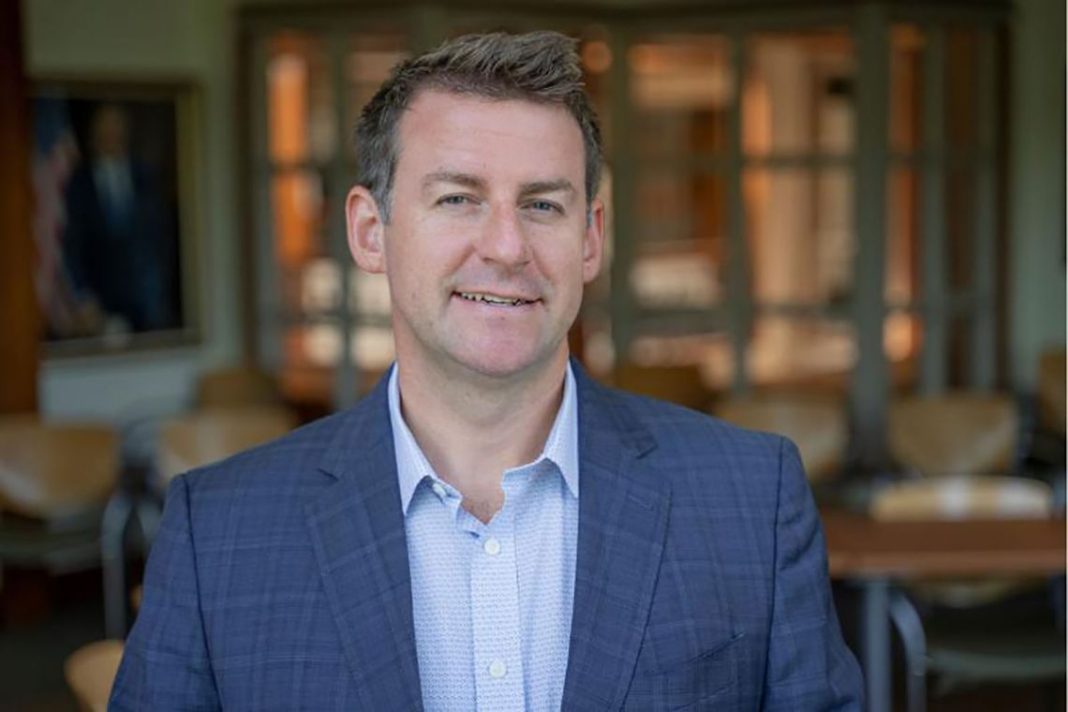In a thought-provoking session at the Prindle Institute, renowned educator Nathan Boucher engaged a gathering of eager minds in a discourse that shed light on the issue of structural inequity as a Mission and a Tool in Teaching Organizational Ethics. Boucher is an Associate Research Professor and Director of Undergraduate Studies at Sanford School of Public Policy, Duke University. Attendees were present with lunch boxes in hand, taking meticulous notes on the impact of organizational actions, specifically the inequity structural measures in internal organizations.

The discussion delved into the heart of organizational ethics, emphasizing the critical need for conscientious decision-making at every level. Boucher navigated the transition towards acknowledging the zone where organizational goals and societal values overlap. He stressed that the level of extension of this structural inequity problem varies with the nature of the organization, its goals, and its internal dynamics. Broucher's pedagogical beliefs illuminate the path toward a more equitable society. He feels a need for organizations to introspect and adapt, recognizing that the magnitude of this issue and its relevance to all organizations can be effectively addressed through tailored approaches.
Tamara Stasik, Assistant Professor of English and English for Academic Purposes Specialist, is passionate about her quest for knowledge in the field of ethics. Notably, she acknowledged the relevance of the event's content to her experiences within DePauw, which is currently undergoing internal structural changes. Professor Stasik emphasized the importance of considering inequity structural knowledge as the institution navigates through this transformative stage. As the organization evolves and grapples with change, the insights from Boucher's lecture become increasingly crucial in fostering an environment that prioritizes equity and inclusion.
The Prindle Institute Brown Bag Lunch event featuring Boucher was a significant milestone in presenting the complexities of structural inequity. It underscored the imperative for organizations to critically examine their actions and decisions, to create a society where every individual is acknowledged and celebrated for their background.



